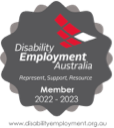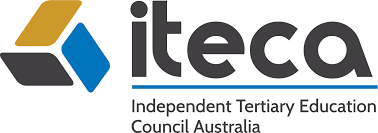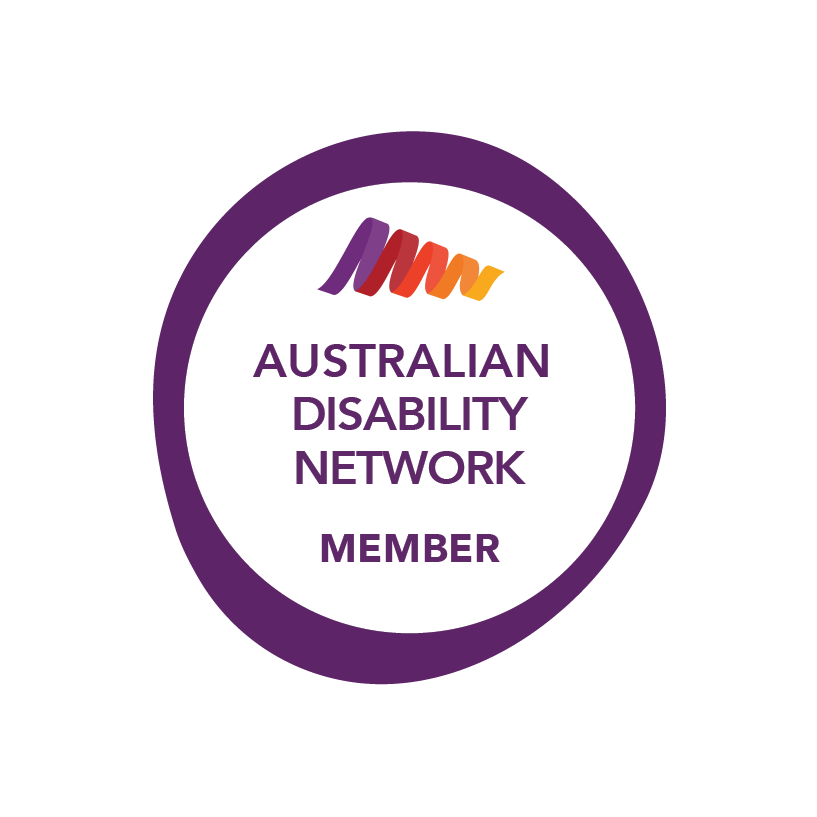A resume summary statement is a brief paragraph at the top of your resume highlighting your skills, experience, and qualifications. It's a great way to make a solid first impression on hiring managers and recruiters, and it can help you stand out from the competition. This article discusses why your resume should have a summary statement and a step-by-step guide on how to write one.
Reasons why you need a resume summary statement
As mentioned, summary statements are a great way to stand out and find employment. Here are some examples of reasons your resume should have a summary statement:
- It gives hiring managers a quick overview of your skills and experience.
- It helps you tailor your resume to specific job openings.
- It shows that you’re a proactive and motivated candidate.
- It can help you get your foot in the door for an interview.

Here's a step-by-step guide on how to do a resume summary:
- Start by brainstorming a list of your skills, experience, and qualifications.
- Think about the specific job you’re applying for, and identify the skills and experience that are most relevant to the position.
- Write a brief paragraph that highlights your most relevant skills and experience.
- Use strong action verbs and specific examples to quantify your accomplishments.
- Proofread your summary statement carefully to make sure it’s free of errors.
Resume summary statement example:
Experienced administrative professional with a proven track record in efficiently managing office operations. Skilled in coordinating schedules, organising documents, and providing excellent customer service. Dedicated and detail-oriented with strong communication and problem-solving abilities. Committed to supporting team productivity and ensuring smooth workflow. Seeking an administrative role where I can contribute my expertise and contribute to the success of the organisation.
How to write a summary statement on a resume
Writing a resume summary can be tricky at first, but now you know what to do, you can have a go. But, when writing a summer statement, you’ll want to keep the following in mind:
- Keep it brief
- Be specific
- Use strong and active language
- Proofread carefully

1. Keep it brief
Aim for your resume summary to be about 10-15% of the original content’s length. For instance, for a 1000-word document, aim for a 100-150 word summary. Identify the core ideas or arguments. Exclude examples, detailed descriptions, or supporting data unless they are crucial to understanding the main point.
2. Be specific
Use concrete and precise language. For instance, instead of saying “many people,” specify an approximate number if known. Only include details that contribute directly to the main point. Avoid side points or tangential information.
3. Use strong and active language
Prefer active voice over passive. For example, “The team achieved the goals” is better than “The goals were achieved by the team.”
Use assertive language. Avoid qualifiers like “might” or “could” unless they are essential to the accuracy of the statement.
4. Use strong and active language
Double-check for factual correctness. Misrepresenting data or the argument can change the meaning of the summary.
Ensure that tense, person, and number are consistent throughout. After checking for errors, read the summary to ensure it’s easy to understand. It should be coherent and flow logically.
A well-written resume summary statement is a valuable asset to any job seeker. These tips will assist you in writing a summary statement to help you stand out from the competition and land your dream job. Check out some other great tips on how to make your RESUME jump.
Recruiting is constantly evolving, which puts job seekers in need of keeping up with the latest trends. In the past, resumes were a one-size-fits-all document that included a variety of sections, such as a career objective, a list of skills, and a summary of qualifications. However, today's recruiters are looking for something different. They want to see resumes that are specific to the job they are hiring for, and that highlight the candidate's skills and experience in a way that is easy to understand. When you spend the time completing a well-written resume there are some resume sections you can leave out.
Hot Resume Tips
Here are some resume sections that you can safely leave out in 2023.
Here are a few examples:
- Career objective: This section is outdated and unnecessary. Recruiters can already tell what you’re looking for by reading your resume.
- Skills section: This section can be repetitive and redundant. Instead, highlight your skills throughout your resume in the context of your work experience.
- Summary of qualifications: This section is often too long and doesn’t provide new information. Instead, use a strong resume header to introduce yourself and highlight your skills.
- Awards and honours: This section is only relevant if the awards and honours are directly related to the job you are applying for. Otherwise, it can take up valuable space on your resume.
- References: References can be provided after an interview, so there is no need to include them on your resume.
By leaving out these unnecessary resume sections, you can free up space to highlight your skills and experience in a way relevant to the job you are applying for. As a result, your resume is more likely to get noticed by recruiters and increase your chances of landing your dream job.
If you are registered with Services Australia and are looking for an organisation that can support you in getting prepared for the workforce consider getting referred to TURSA. Our experienced team helps you prepare including developing your resume to help you secure your next job. Contact us today!
A resume is a document that summarises your work experience, education, and skills. Potential employers use it to assess your qualifications for a job. A well-written resume can help you land your dream job, while a poorly written resume can hurt your chances of getting an interview. Here are some do's and don'ts of resume writing:
Here are some do's and don'ts of resume writing
Resume Writing Do’s
- Tailor your resume to the specific job you are applying for. Read the job description carefully and highlight the skills and experience that are most relevant to the position.
- Use keywords throughout your resume. When you apply for a job online, your resume will likely be scanned by an applicant tracking system (ATS) for keywords relevant to the position. Ensure to include keywords throughout your resume so that a human recruiter will see your resume.
- Use strong action verbs. When describing your work experience, use strong action verbs to highlight your accomplishments. For example, instead of saying, “I was responsible for managing a team of 10 people,” say, “I led a team of 10 people to achieve a 15% increase in sales.”
- Quantify your results. Whenever possible, quantify your results. For example, instead of saying, “I increased sales,” say, “I increased sales by 15%.” As a result, hiring managers will understand the impact of your work.
- Use white space. A well-formatted resume is easy to read. Use white space to break up your text and make your resume more visually appealing.
- Proofread carefully. Typos and grammatical errors will make you look unprofessional. Make sure to proofread your resume carefully before submitting it to potential employers.
Resume Writing Don’ts:
- Don’t use a template. While resume templates can be a useful starting point, don’t use a too generic template. If you use a template for your resume make sure it is unique to you and your qualifications.
- Don’t lie or exaggerate. It is essential, to be honest and accurate on your resume. Lying or exaggerating your skills or experience will only hurt you in the long run.
- Don’t use too much jargon. Jargon is a technical language specific to a particular industry or field. If you use jargon on your resume, ensure the hiring manager will understand it.
- Don’t use all caps. Using all caps is considered shouting and is unprofessional.
- Don’t use a lot of colours or graphics. A resume should be easy to read. Avoid using too many colours or graphics, as they can make your resume difficult to scan.
- Don’t put your social media handles on your resume. Social media can be a great way to connect with potential employers, but putting your social media handles on your resume is inappropriate.
TURSA can help!
We offer a range of FREE support services to help you find and keep employment
Our services include:
- Job search assistance
- Resume writing and interview skills training
- Employment preparation workshops
- Access to a range of employment programs
- And more!
To find out more about our services, please contact us today.
We are here to help you succeed!

How to Identify your Strengths and Skills
Identifying your skills and strengths can be a helpful exercise to better understand yourself and guide your career or personal development.
This FREE step-by-step guide with additional resource links to help you identify your skills and strengths:

Draw on Past Experience
Reflect on your experiences:
Think about the tasks and activities you have done in the past, whether in your personal life, school, or work. What did you enjoy doing? Things you learnt quickly or excelled in? Start writing them down
Quickly identify what areas you can align to things you have done in your past, team captain, debate team, sports, work etc.

Transferable Skills
Make a list of your skills: Write down as many skills as you can think of, both hard and soft skills. Hard skills are specific abilities or knowledge that are often technical, such as programming or financial analysis. Soft skills are more general and relate to how you interact with others, such as communication or leadership.
Take this FREE Quiz
Quick and easy, select the picture on each screen that most applies to you and, you will get a guide of your strengths and skills to add to your resume.

Consider your Values
Reflect on your experiences:
What is important to you? What motivates you? Your values can often be a strong indicator of your strengths, as they are often closely aligned. Start writing them down
CLICK HERE TO Identify you CORE VALUES

Seek Feedback
Ask friends, family, colleagues, or mentors for their perspective on your skills and strengths. They may be able to provide valuable insight that you may not have considered.
Practice & Develop your Skills and Strengths
Now that you have identified your skills and strengths, consider ways to continue developing them. This could be through taking classes, volunteering, or seeking out new opportunities that allow you to use and grow these skills.
Sometimes you have to look at things a little deeper to find your strengths. Unexpected praise for something you didn’t put much effort into could be a sign. So could a compliment buried within a criticism. If people talk your ear off, you might be a good listener. If people consistently come to you for advice, you might be a good leader or problem-solver.
Life has a way of showing you your strengths if you pay attention.

Practive & Develop your Skills and Strengths
By going through this process, you should have a better understanding of your skills and strengths, which can help you make informed decisions about your career and personal development.

Tursa Employment & Training acknowledges the traditional owners and custodians of country throughout Australia and acknowledges their continuing connection to land, water and community. We pay our respects to the people, the cultures and the elders past, present and emerging.













